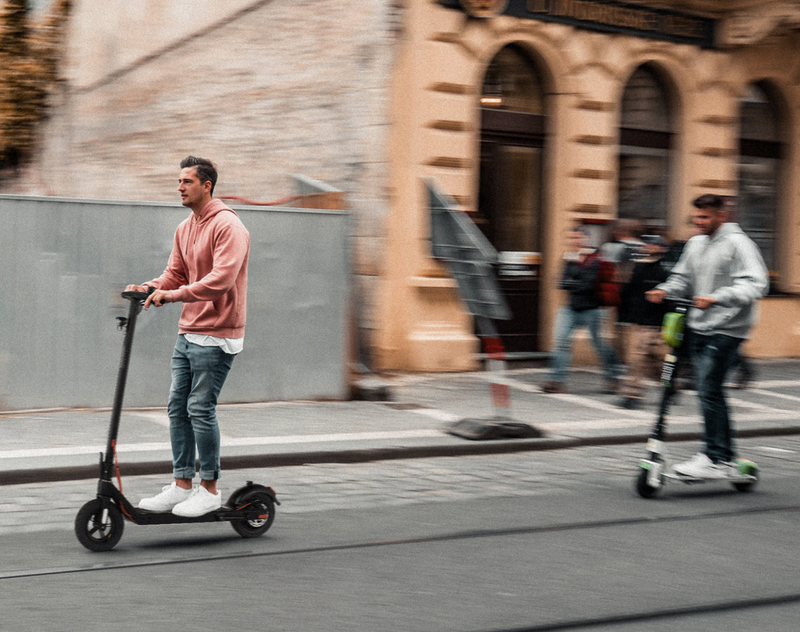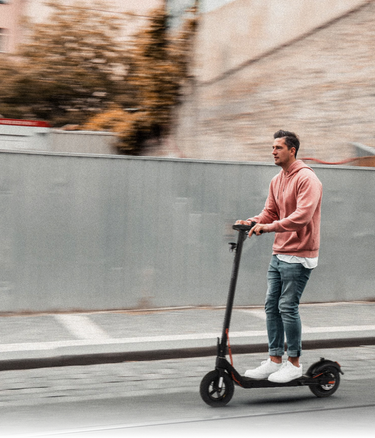While preparing for your upcoming camping trip in 2024, it's crucial to prioritize safety and preparation to ensure a successful and memorable experience. There are some crucial safety tips you need to know to ensure your trip is both enjoyable and safe.
Before you go, ensure you have the necessary camping tools for your trip. A camping guide or research on different types of camping can help you determine what gear you'll need. Once you're prepared, be sure to brush up on camping safety tips to stay safe and avoid any accidents. Whether you're hiking, fishing, and other camping activities, or have some RV road trip ideas always keep safety in mind. If planning an RV road trip, don't forget road trip essentials like a first aid kit and maps. These RV trip tips will ensure a safe and enjoyable adventure.
So, whether you're planning a solo camping trip, a family vacation, or a weekend getaway with friends, read on to discover our top camping safety tips for 2024.
1. Select the Right Site and Shelter
Before setting up camp, it's essential to choose a safe and suitable site and shelter. Look for level ground, avoid camping under trees that could fall, and steer clear of low-lying areas prone to flooding. You should also take into account factors such as wind direction, nearby water sources, and the potential for natural hazards like rock falls or avalanches.

2. Be Updated with the Weather
Keeping track of the weather is crucial for camping safety. Check the forecast regularly and be prepared for sudden changes. Always have a rain plan and avoid camping in areas prone to extreme weather conditions. In addition, be aware of signs of hypothermia or heat exhaustion and take appropriate measures to prevent them. Dress in layers to regulate your body temperature and bring extra clothing and gear to protect yourself from the elements.
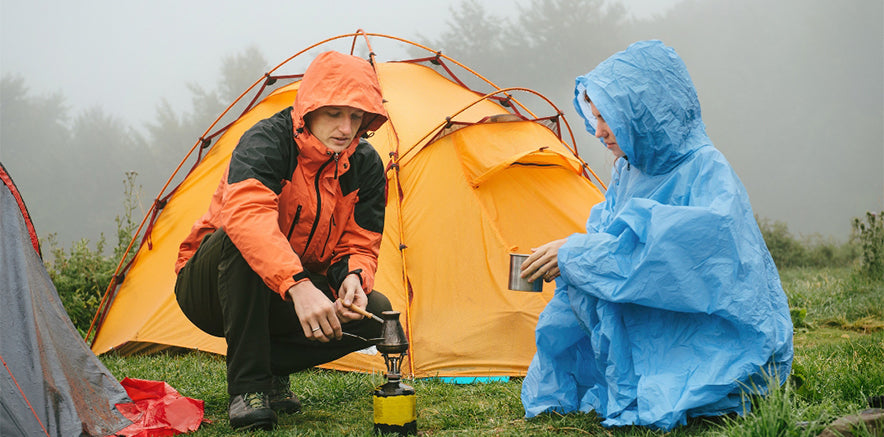
3. Pack and Store Food Safely
Proper food storage is essential to prevent the attraction of wildlife and protect your campsite from unwanted visitors. Use airtight containers and store your food at a safe distance from your sleeping area. Remember to also properly dispose of any food waste, as it can also attract animals. Keep your campsite clean and free of food debris, and avoid cooking or eating in your sleeping area to further minimize the risk of attracting wildlife.
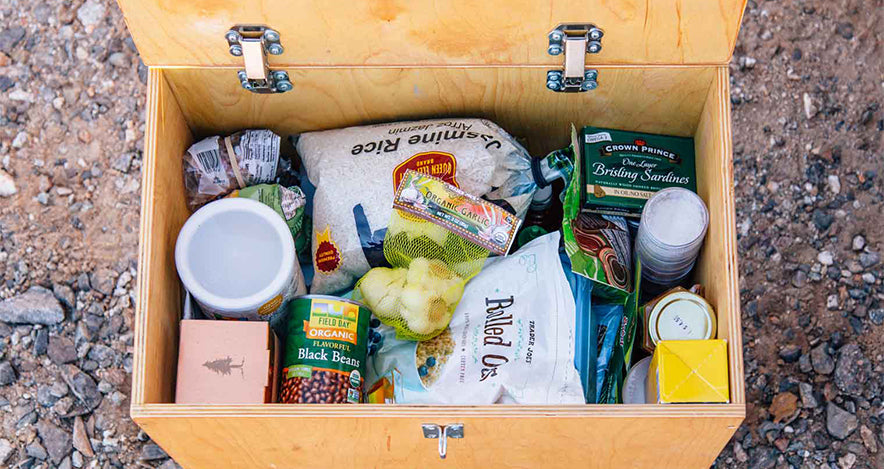
4. Plan Safe Physical Activities
When planning physical activities like hiking, biking, and swimming during your camping trip, it's crucial to stay safe. Plan, stay within your limits, and always wear appropriate safety gear like helmets, life jackets, and sturdy shoes. Keep an eye on weather conditions and avoid outdoor activities during extreme weather conditions.
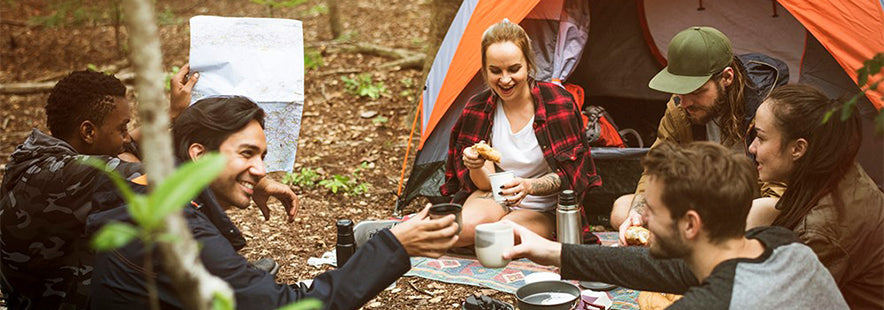
5. Prevent Bug Bites
Mosquitoes, ticks, and other bugs can ruin your camping trip and transmit dangerous diseases. Protect yourself by wearing long-sleeved shirts and pants, using bug spray with DEET, and avoiding areas with high bug activity. Check for ticks regularly and remove them promptly if found.
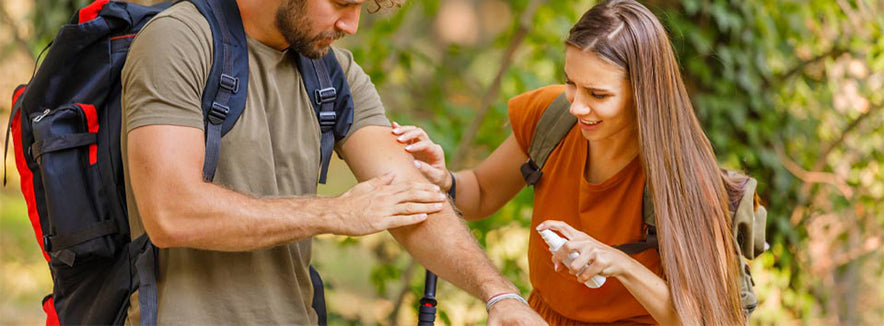
6. Practice Campfire Safety
While campfires are a staple of camping, they can also be dangerous if not handled properly. Follow campfire safety guidelines, keep your campfire contained, and always have water and a shovel nearby to put out the fire completely before leaving the campsite or going to sleep.
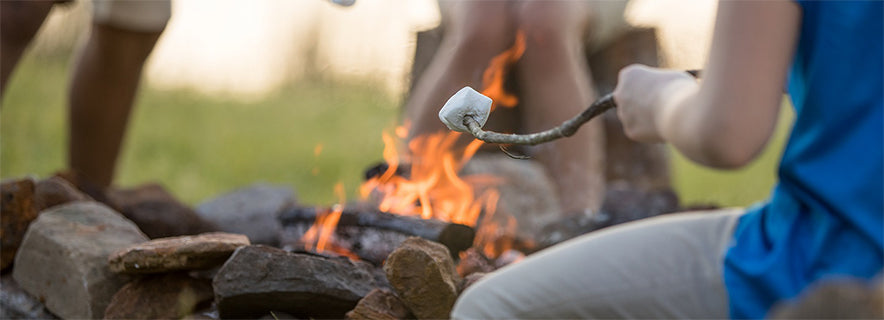
7. Protect Your Skin from the Sun
Spending time in the sun can lead to sunburn, heatstroke, and dehydration. Protect yourself by wearing a hat, and sunscreen with a high SPF, and staying in the shade during peak sun hours. Drink plenty of water to stay hydrated and avoid alcoholic and caffeinated beverages that can contribute to dehydration.

8. Watch Out for Wildlife
While encountering wildlife is an exciting part of camping, it's important to keep a safe distance and avoid attracting animals to your campsite. Store food securely and always follow park rules and regulations to minimize the chances of encountering a dangerous animal. It's also wise to carry bear spray or other repellents and to learn how to use them in case of an emergency.
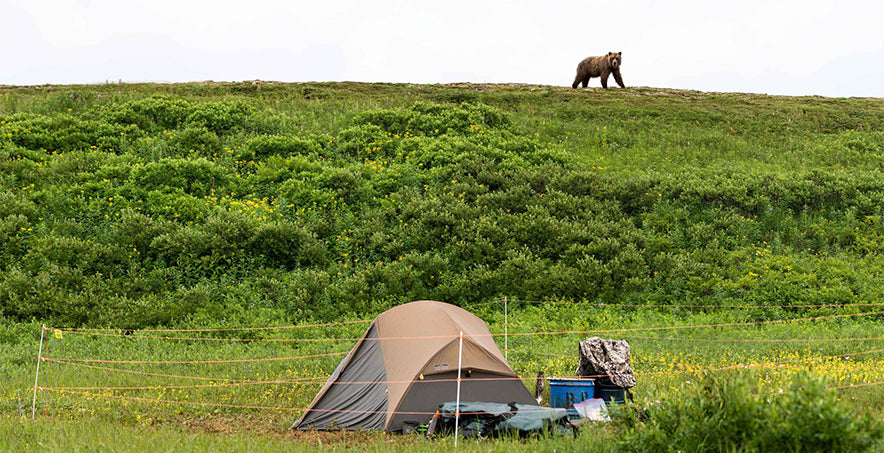
9. Be Ready for Allergies
Allergies can put a damper on your camping trip, so be prepared. Bring allergy medication and inform your camping companions of any allergies you may have. In addition, consider wearing a medical ID bracelet and packing an epinephrine auto-injector if you have severe allergies. It's also a good idea to inform the campsite staff of any allergies or medical conditions you may have and to research nearby medical facilities in case of an emergency.

10. Obey the Hazard Signs
Obeying hazard signs is essential to staying safe while camping. These signs indicate potential risks and hazards, so follow them to avoid danger.
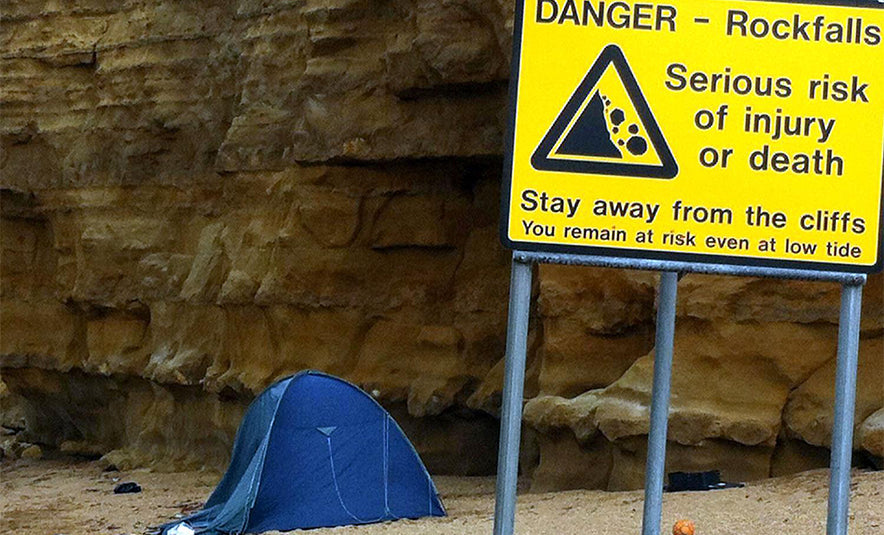
11. Protect Your Body from Carbon Monoxide Poisoning
Carbon monoxide poisoning is a silent killer, but you can prevent it by keeping your campsite well-ventilated, never using stoves or heaters inside your tent, and using carbon monoxide detectors

12. Avoid Diseases or Injury
Camping in the great outdoors can expose you to various illnesses and injuries. Temperature-related diseases like hypothermia and heat exhaustion, water-related health issues like giardia and leptospirosis, and insect-borne illnesses like Lyme disease are all potential hazards. Protect yourself by staying hydrated, wearing appropriate clothing, treating injuries promptly, and getting vaccinated before your trip.
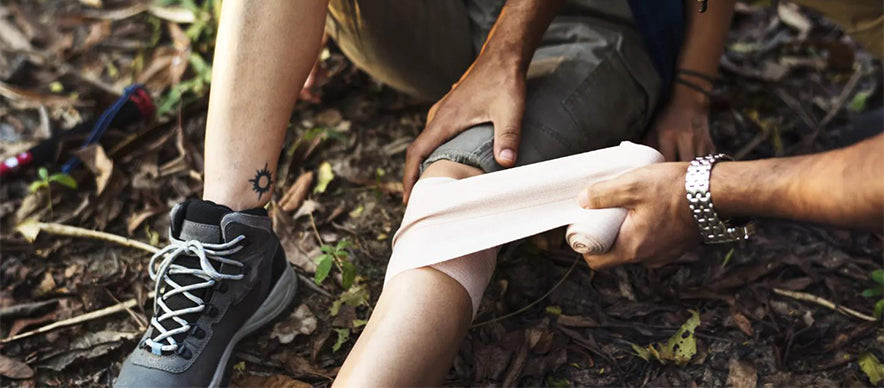
13. Bring a Map
While GPS and mobile phones are convenient for navigation, they can't always be relied on in the wilderness. Bring a paper map of the area, and learn how to read it before you leave. This can help you avoid getting lost and ensure you know your surroundings.

14. Don't Go It Alone
Camping alone can be an exhilarating experience, but it can also be dangerous. Always let someone know where you're going and when you plan to return. Camping with others can also provide an extra layer of safety and security, so consider camping with a group.
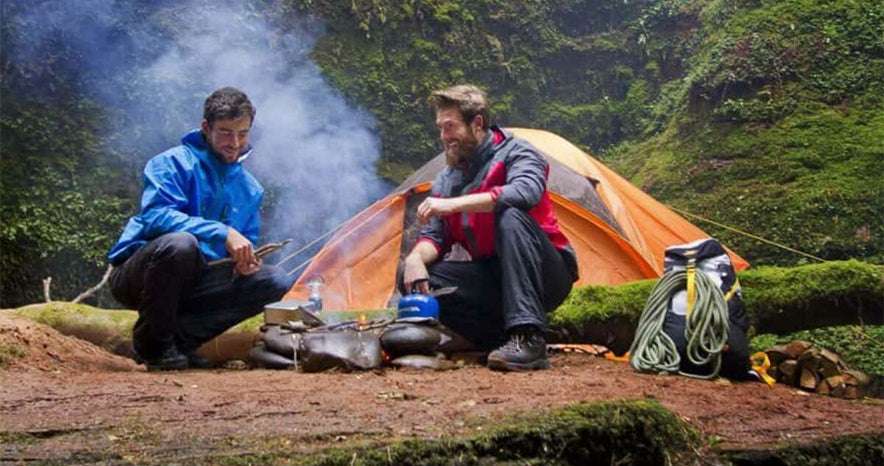
When it comes to camping, exploring the surrounding areas can be a great way to experience the beauty of nature up close. But what if you need to cover more ground than your own two feet can manage? That's where an electric scooter can come in handy. By taking one along on your camping trip, you can easily ride to nearby attractions or navigate narrow paths that cars can't access.
One great option to consider is the TurboAnt V8 electric scooter. With its dual-battery design, the V8 offers an ultra-long range that can take up to 50 miles on a single charge. Its 450 W front hub motor provides plenty of power to get you up hills and across rough terrain, while its rear dual springs absorb shocks from road imperfections, ensuring a smooth ride. The V8's 9.3-inch pneumatic tires also help to minimize rider fatigue by providing added shock absorption.
In addition to its performance features, the TurboAnt V8 also boasts a wide and spacious deck that keeps both of your feet secure and comfortable. Its sleek design and practical features make it a great option for anyone looking to explore the outdoors on an electric scooter. So why not consider taking the TurboAnt V8 along on your next camping trip?

















